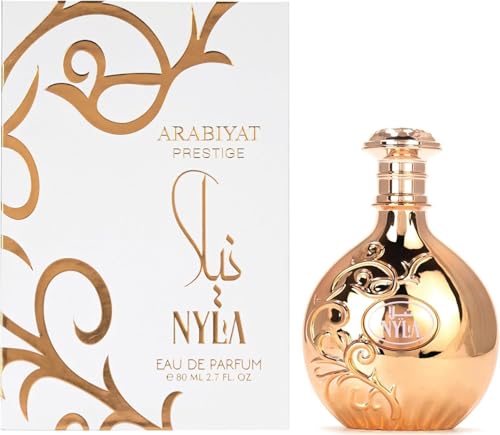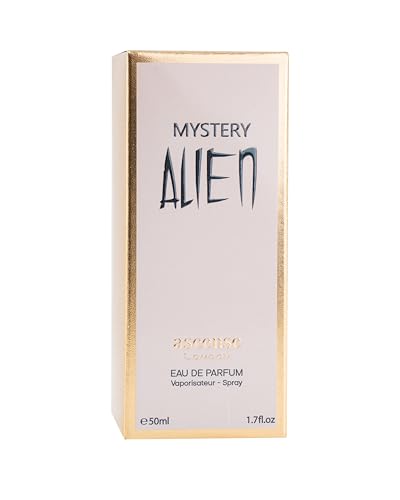Headline: The Science Behind Perfume Longevity
Perfume is an indispensable part of many people’s daily routines. It adds a touch of luxury and sophistication to our lives. However, have you ever wondered how long your favorite fragrance will last? While there is no definitive answer to this question, several factors determine how long a perfume will linger on your skin. Let’s explore the science behind perfume longevity.
Headline: Composition Matters
The ingredients in a perfume play a significant role in determining its longevity. Perfumes are usually composed of various notes, including top, middle, and base notes. Top notes are the first scent you smell when you apply perfume, but they evaporate quickly. Middle notes, also known as heart notes, are the scents that become more apparent after the top notes fade. Base notes are the longest-lasting notes and provide the foundation of the fragrance. Perfumes with a higher concentration of base notes tend to last longer on the skin.
Headline: Concentration and Quality
The concentration of fragrance oils in a perfume contributes to its longevity. Perfume is the most concentrated form of fragrance and typically contains 15-30% perfume oil. Eau de parfum (EDP) has a lower concentration, usually around 10-20% perfume oil. Eau de toilette (EDT) and cologne have even less concentration, ranging from 5-15% perfume oil. Generally, the higher the concentration, the longer the fragrance will last. Additionally, the quality of the ingredients used in the perfume’s formulation can also affect its longevity. High-quality ingredients tend to have better staying power on the skin.
Headline: Application Techniques
The way you apply perfume can influence how long it lasts on your skin. The ideal method is to apply perfume to pulse points, such as the wrists, neck, and behind the ears. The heat generated by these areas helps to activate the fragrance and disperse it into the air. Avoid rubbing your wrists together after applying perfume, as this can break down the fragrance molecules and shorten its longevity. Instead, gently dab or let it naturally dry on your skin. Additionally, moisturizing your skin before applying perfume can help lock in the fragrance and make it last longer.
Headline: Environmental Factors
Environmental factors play a significant role in how long a perfume will last. Heat and humidity can cause the fragrance molecules to evaporate more quickly, shortening its longevity. Conversely, cooler and drier conditions can help fragrance molecules stay on the skin for longer. The type of fabric you wear can also affect perfume longevity. Perfume tends to last longer on clothes made of natural fibers, such as cotton or silk, compared to synthetic materials like polyester. Furthermore, the pH level of your skin can impact the way a perfume interacts with your body chemistry, affecting its staying power.






